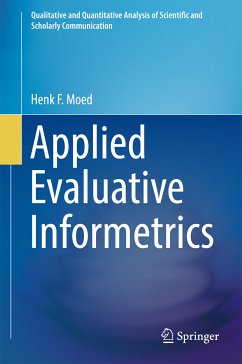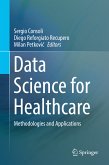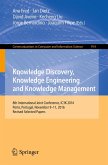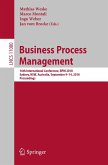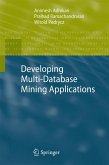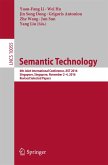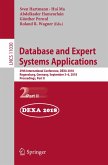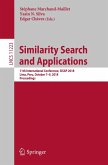Addressing the way forward, the book expresses the author's critical views on a series of fundamental problems in the current use of research performance indicators in research assessment. Highlighting the potential of informetric techniques, a series of new features is proposed that could be implemented in future assessment processes. It sketches a perspective on altmetrics and proposes new lines in longer term, strategic indicator research.
It is written for interested scholars from all domains of science and scholarship, and especially for all those subjected to research assessment, research students at advanced master and PhD level, research managers, funders and science policy officials, and to practitioners and students in the field.
Dieser Download kann aus rechtlichen Gründen nur mit Rechnungsadresse in A, B, BG, CY, CZ, D, DK, EW, E, FIN, F, GR, HR, H, IRL, I, LT, L, LR, M, NL, PL, P, R, S, SLO, SK ausgeliefert werden.

